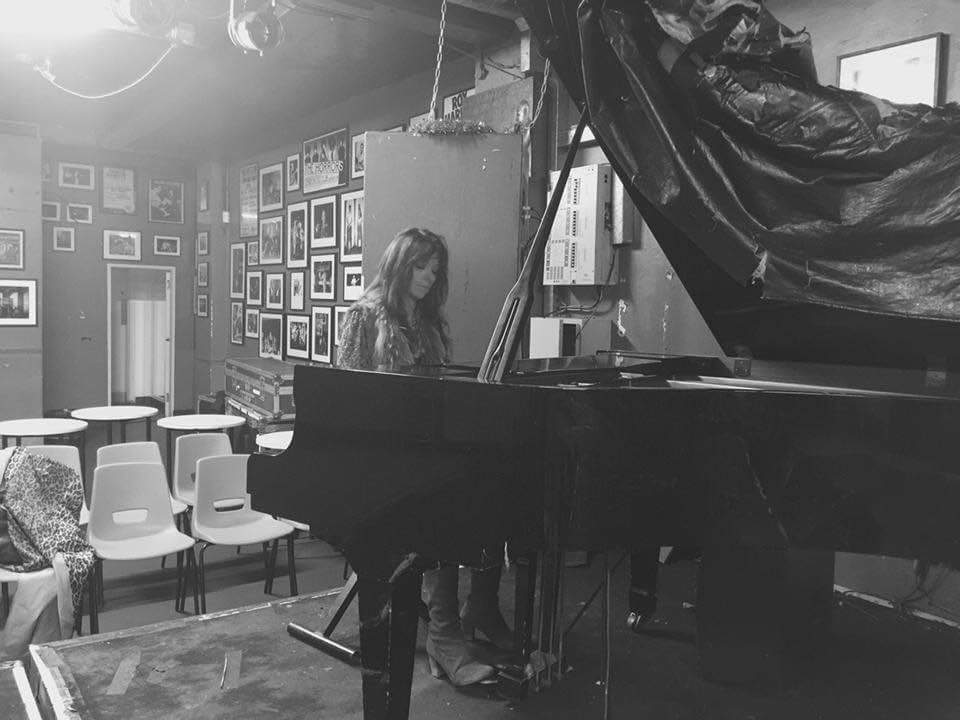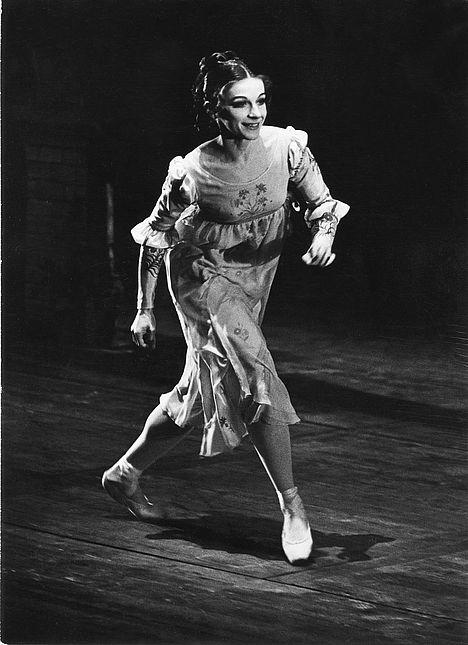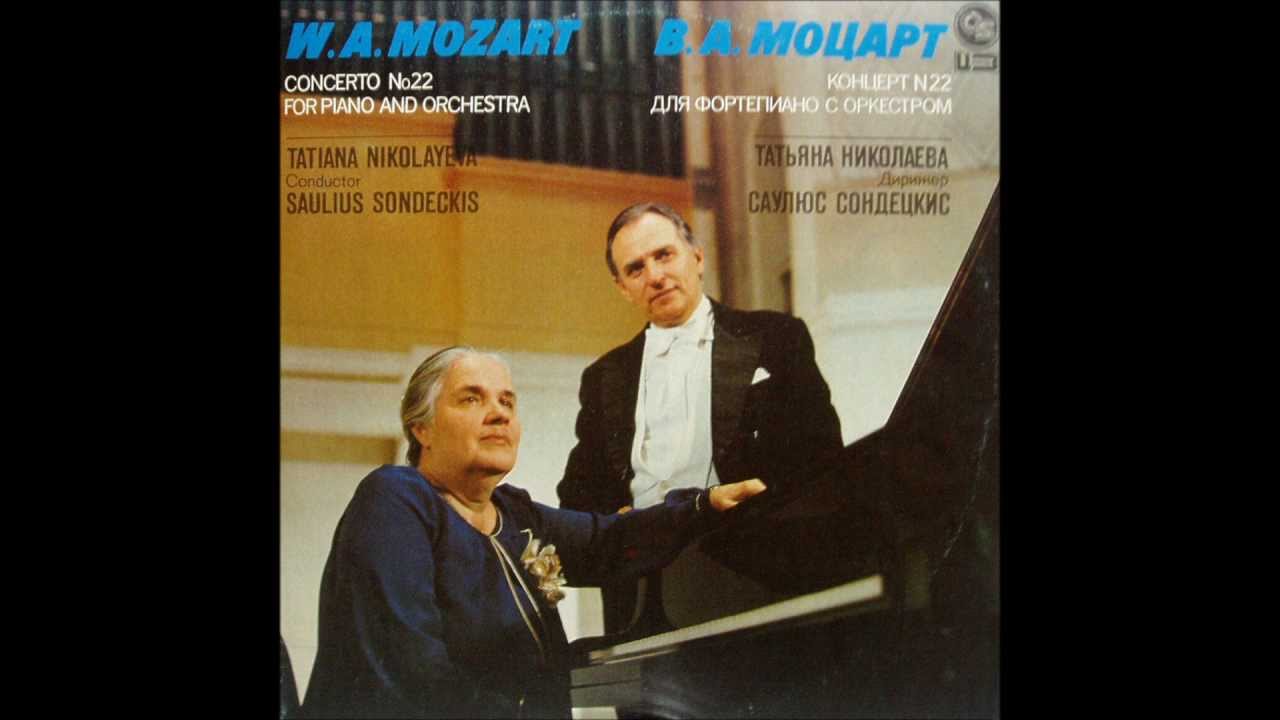Composer takes man’s name to get played on the BBC
mainA news agency in Cornwall has the story of Annabel Bennett of Padstow who could not get her music played on the BBC until she changed her name to ‘Arthur Parker’. Since then, she has had 40 pieces played on air and is on the Radio 3 playlist.
A BBC spokesperson said: ‘We reject any suggestion we select music for any reason other than merit.’
Please try to read that with a straight face.






Good for her!
I recon she thought like a man when she did it.
And like a woman when the told the world about it.
Wait a minute.
How can a contemporary, young(ish) looking, completely unknown and with a made-up persona person have 40 pieces played on the BBC?
I bet there is more skulduggery afoot here than meets the eye.
Good point. I can not imagine that a commissioning editor, or programme presenter, or presenter at BBC Radio 3 would not attend to establishing the basic biographical facts about a composer. Do look up Dag Henrik Esrum-Hellerup in the original edition of the New Grove.
Rogiero’s comment “I recon she thought like a man when she did it.
And like a woman when she told the world about it” got way more negatives than positives So let’s try reversing it:
I recon she thought like a woman when she did it. And like a man when she told the world about it..
And if you don’t like either of these statements, what does that tell you ?
These days, you can change how you self-identify with constant fluidity. Basically amounts to playing the wokesters at their own game to get any or as much exposure as you feel you merit. Laughable!
Playing the wokesters. Well, what do you know? Now there’s a slur for people who care about equality and justice, like me. But you’re the good guy, sure. It’s fun to disparage people, right?
Discrimination on the basis she claims is obviously abhorrent, and I’d be the last person to defend the BBC. But this is like the maxim “there are lies, damn lies, and statistics”. The sampling size seems, er, small, just one. Furthermore, when she assumes that she got more airplay with a male name proves why she got less with a female one is non sequitur. Perhaps the editors at Radio 3 felt they were breaking a new story about a previously unknown composer. As for programming, a random dip into Radio 3 schedules shows this:
Monday February 15, 14:00
Henriette Bosmans: Poeme
Shostakovich: Cello Concerto No. 1
Gabriela Frank: Concertino Cusqueño
15:00
Anna Clyne: Within her arms for 15 strings
J.S. Bach: Brandenburg concerto No 1 in F major
15:35pm
Bartok: Divertimento, Sz 113
I think we have had at least two women as This Week’s Composer already this year – and there seems to be more Fanny Mendelssohn, Clara Schumann and other female composers’ music being played than ever. R3 is clearly making an effort.
Think Judith Weir, Master of the Queen’s Music.
The solution is simple — all schemes and competitions reviewing compositions for possible inclusion in a programme should, at the point of review, have all composers’ names anonymised. In other words, the equivalent of a “blind audition”. In fact, such anonymisation is even simpler to implement than in an orchestral audition — just ensure that the composer’s name is removed from the score and parts (I feel that composition competitions should ask for parts as well as scores at the time of entry — too many composers seem to be incapable of extracting parts to an acceptable standard — unless the organisers are genuinely willing, in the event of the piece being selected, to undertake all part extraction themselves and at their own expense)… very straightforward on paper, and only a little bit harder if sending files digitally (because you have to ensure that the name is absent from all file metadata).
You are absolutely right. So many friends who are female composers somehow win prizes only (or mostly) in competitions with anonymous procedure. Those who oppose it, have only one reason to do that – maintaining patriarchy.
The overwhelming majority of composition competitions prescribe anonymous entries surely?
Really? I wish it were so, but my own experience of researching (and entering) composition competitions suggests otherwise.
But if you have any leads, do please share…
Your words make complete sense but this style of competing has also been deemed to be unfair.
Ultimately, there’s no such thing as a meritocracy (look at the wildly divergent opinions on this website) so the best way to achieve fairness is to vary the shakers and movers on a freequent basis.
The alternative is yet another Turnage or Meredith Proms commssion (laudible though they both are). It’s a lack of imagination more than anything else.
It appears from the BBC’s reaction that being a man is considered a merit.
Surely this story flies in the face of the usual narrative here about the BBC being too woke and playing too many female composers. Poor old Auntie can’t win it appears.
The evidence of gender discrimination in classical music composition and conducting (and also acutely in the past regarding notable major European orchestras) has been there for many years.
You posting the Annabel Bennett turned ‘Arthur Parker’ case, now in 2021, is poignant, and it does illustrate — even if one single case doesn’t prove systemic discrimination.
For that there is actually a research literature that can be read by anybody who cares.
Here one article: https://www.cambridge.org/core/services/aop-cambridge-core/content/view/443CDC991A45A379FB1A4675937F524B/S0265051718000104a.pdf/creating_a_career_as_a_woman_composer_implications_for_music_in_higher_education.pdf
To be a fair test it needed to be a similarly plain male name. Arthur Parker sounds weird and “quirky” so would be chosen for that reason, not because male. “Annabel Bennet” would be rejected out of hand for being a white middle class name that isn’t weird. But “oh me, ’tis that I am a week and feeble exploited woman- when will us sisters get a break?” of course of course whatever.
This would be a more valid point if the SAME pieces had been resubmitted as a man (after a suitable pause from the female submission). If there were different pieces, there could have been other forces at play. She could simply have got better !